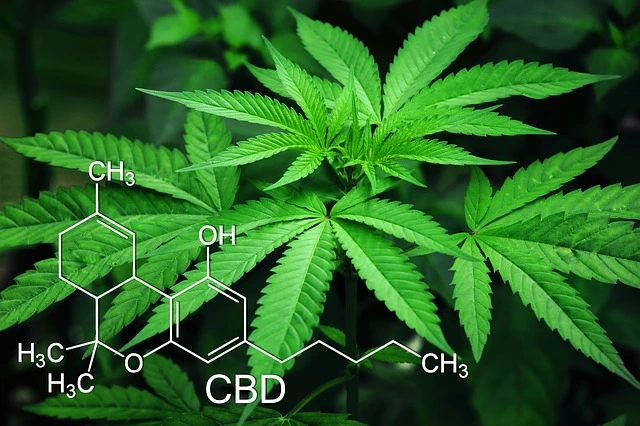One of the leading places among drug addictions in the world is the abuse of drugs from different types of cannabis. Marijuana is conditionally included in the group of “soft” psychoactive drugs. In medicine society, opinion is being strengthened regarding the safe use of “weed”. However, ignoring the possible harm (from abuse) to health has led to the widespread distribution of the product among adolescents. It also makes no sense to deny the negative consequences of chronic intoxication.
The effect of the weed on the body
Parts of the cannabis plant, depending on the variety, contain different concentrations of cannabinol aldehydes. These substances determine the intoxicating effect of smoking.
The active substances are well soluble in fats, quickly penetrating with blood flow through cell membranes. They accumulate in tissues rich in lipids. The main targets are the brain, lungs, and genitals. The psychoactive effect is explained by the fact that cannabinoid receptors located in the central nervous system react to marijuana.
Marijuana and marijuana preparations are successfully used to alleviate the conditions of patients with cancer and AIDS, and many patients prefer to use them through smoking, despite the availability of dronabinol (“Marinol”) in the form of capsules. As a result, the prescription of cannabis drugs is an exception, with individual intolerance to traditional drugs.
How do you clean your lungs from smoking?
This question is asked by all smokers without exception, and many do not dare to get rid of it, because they are sure that irreversible changes occur with the lungs when smoking. Why quit if there’s nothing you can do to fix it? It’s a delusion. But there is nothing wrong with it.
In our body there is a so-called mucociliary system, thanks to which the lungs are cleared of any contaminants. The mucous membrane of the respiratory tract is covered by the ciliary epithelium, in which the movement of cilia constantly occurs. They push out substances that have entered the lungs, and when the mucus rises, we have a cough reflex. Thus, the lungs clean themselves.
At this point, the question of whether the lungs will recover after quitting smoking can be considered closed. Thanks to the self-cleaning mechanism, they can fully recover, which means that there is no reason to continue smoking doomedly.
Can lungs heal after 40 years of smoking joint?
Of course, the self-cleaning process takes time. Our body is not designed for what happens to the lungs when smoking. That’s why it needs help.

